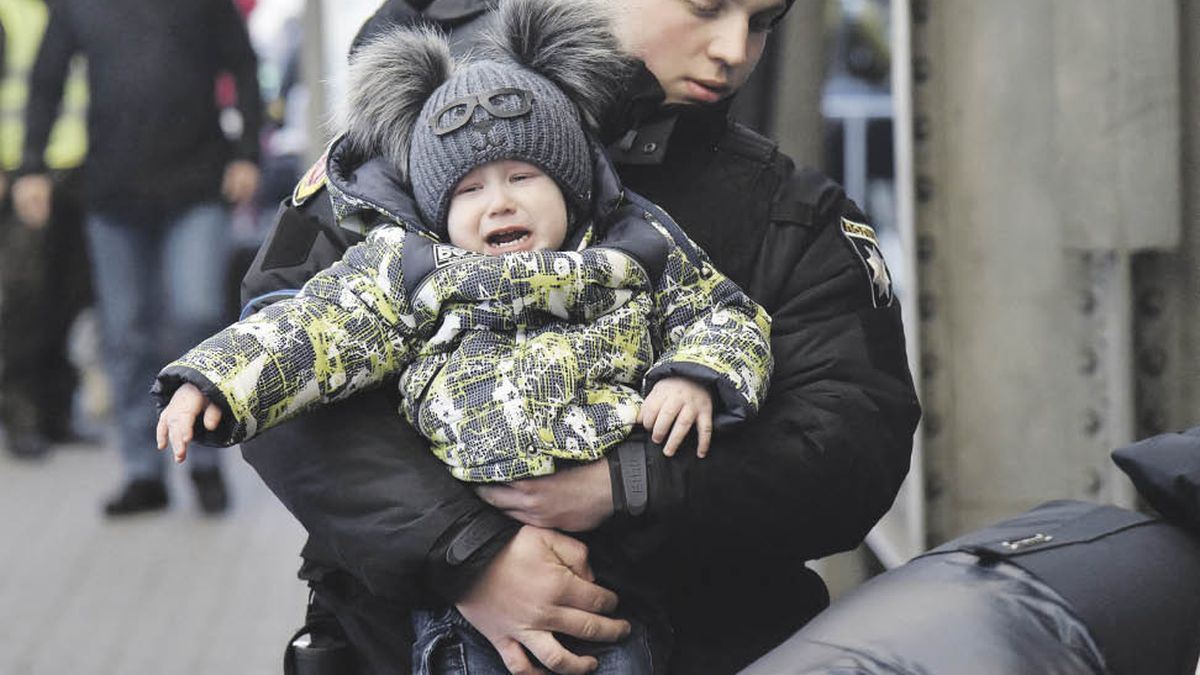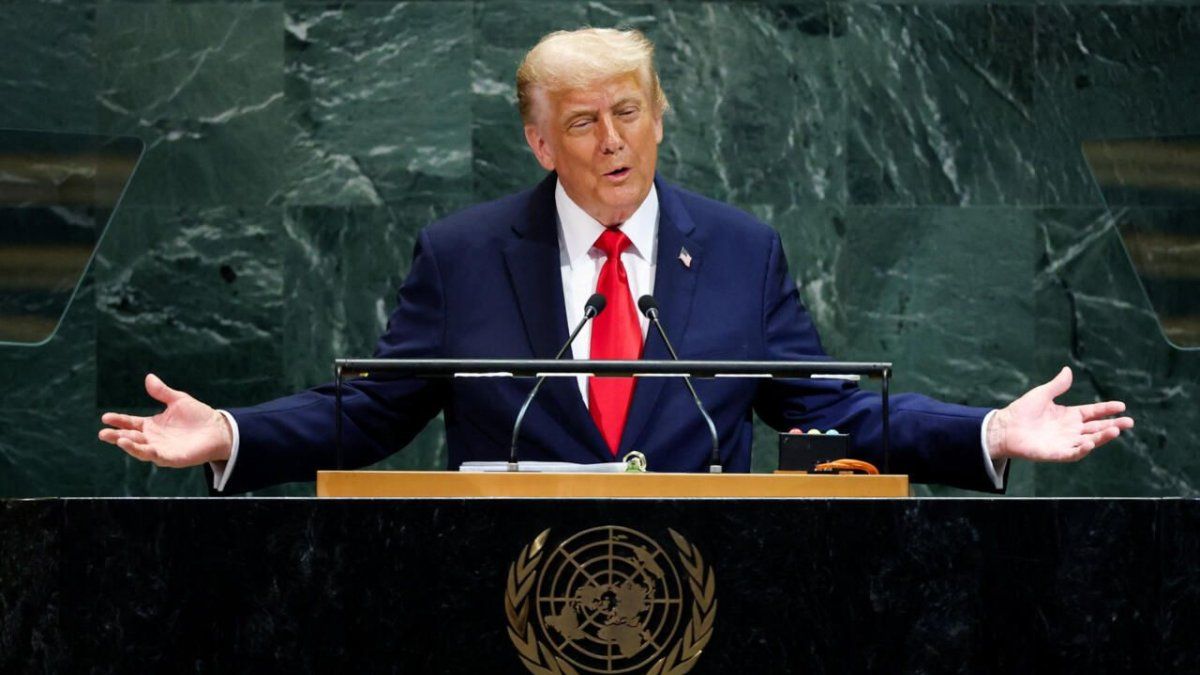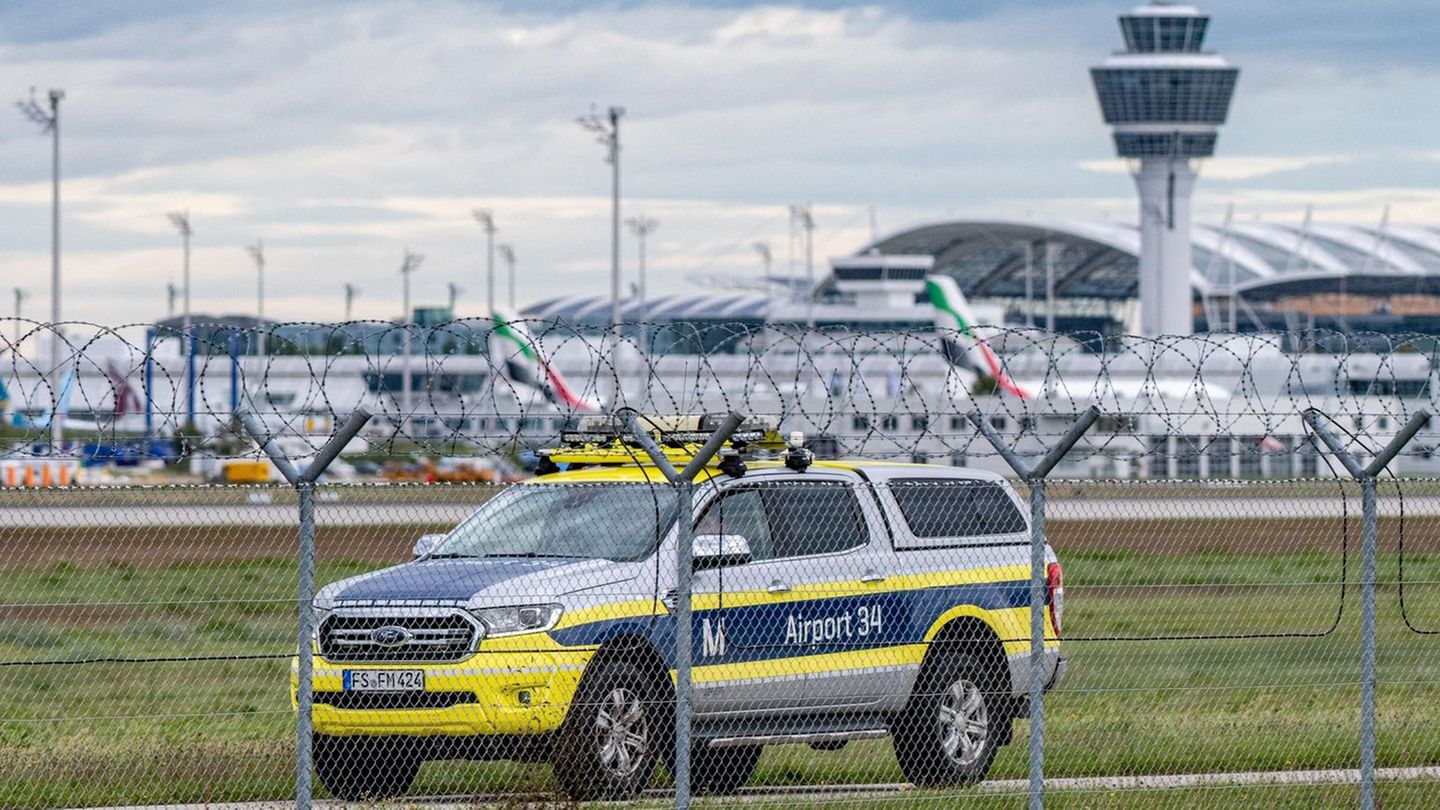“Efforts are still needed, patience is needed. Any war ends with an agreement,” Zelensky said Tuesday in his usual late-night message to the nation.
Meanwhile, Russian Foreign Minister Sergei Lavrov said yesterday that talks with Ukraine were becoming more “professional” and were now focused on Moscow’s demand that kyiv adopt the status of a neutral country.
“A neutral status is being seriously discussed in connection with security guarantees,” Russian Foreign Minister Lavrov said during an interview with Russian channel RBK TV. “There are concrete formulations that, in my opinion, are close to being agreed upon,” he continued.
In parallel, Russia’s chief negotiator, Vladimir Medinski, specified that the parties are discussing a possible compromise by which kyiv will have smaller armed forces in the future that are not aligned with NATO or the Kremlin. “A wide range of issues linked to the size of the Ukrainian Army are being discussed,” he explained.
“Ukraine proposes the option of a neutral State similar to that of Austria or Sweden, but a State that has its own Army and Navy,” he added.
Divergence
However, the leader of the Ukrainian negotiators, Mijail Podoliak, denied that the model to be adopted is precisely one like those of Sweden and Austria, which do not have foreign military bases on their territories.
“Ukraine is in a direct war with Russia. Therefore, the model can only be ‘Ukrainian,’” Zelensky’s adviser said. “The signatories of the clearly defined security guarantees (which kyiv demands) cannot remain on the sidelines in the event of an attack on Ukraine as it happens today”, but should “actively participate in the conflict on the Ukrainian side” and give it weapons, he added. he.
Medinski said that the issues of neutrality and the size and nature of the Ukrainian armed forces were being discussed in the defense ministries of both countries.
He added that a key issue is the status of Crimea, the southern Ukrainian peninsula that Russia annexed in 2014, and the pro-Russian breakaway regions of Lugansk and Donetsk (Donbas), which Moscow has recognized as independent. Ukraine considers Crimea and Donbas part of its territory.
Hardness
Meanwhile, Putin nuanced the optimism by stating that the “special operation” that he launched in Ukraine is a “success” and that it will continue as long as necessary to prevent that country from becoming a “platform” for “actions”. aggressive” against Russia.
“The operation is proceeding successfully, in strict accordance with pre-established plans,” Putin said on television.
The president considered that the western sanctions and condemnations that hit the Russian government, its economy and its culture are comparable to the persecutions against the Jews and that the western countries are acting in a “hateful way”. “Parallels are drawn with anti-Semitic pogroms,” he said.
Putin promised financial aid to individuals and companies to face the punitive measures and assured that the economic “blitzkrieg” against his country “failed”.
Once again, the president considered that he had no options against Ukraine. “We simply had no options to solve the problem peacefully,” he said, stressing that he had “reasons to believe” that “biological weapons components” were being developed on Ukrainian territory.
He also stated that “the years of intimidation of the population of Donbas”, a Russian-speaking region in eastern Ukraine, where the authorities have been facing pro-Russian separatist rebels since 2014, could no longer be tolerated.
According to Putin, the start of a Ukrainian offensive against Donbas and Crimea, territory that Moscow annexed in 2014, “was a matter of time.”
“We had no other option to defend ourselves. We will not allow Ukraine to serve as a platform for aggressive actions against Russia,” she concluded.
Source: Ambito
David William is a talented author who has made a name for himself in the world of writing. He is a professional author who writes on a wide range of topics, from general interest to opinion news. David is currently working as a writer at 24 hours worlds where he brings his unique perspective and in-depth research to his articles, making them both informative and engaging.




